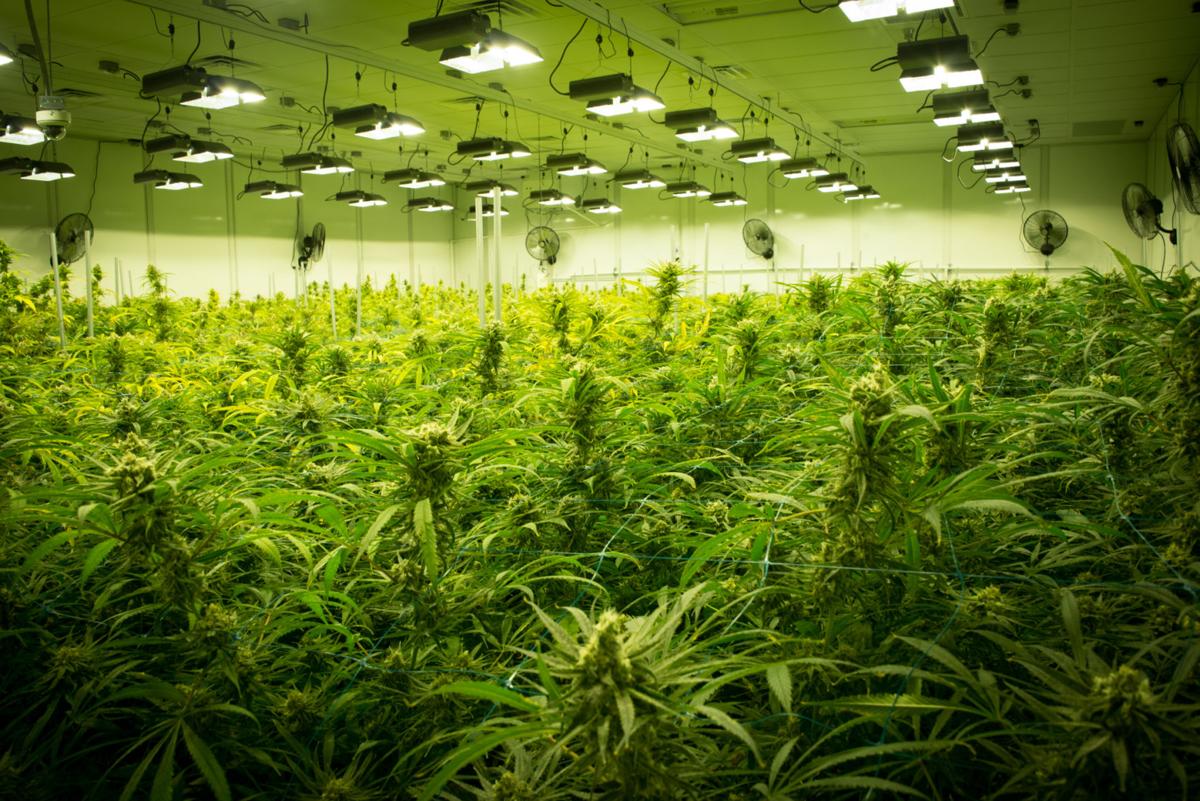Statistics Canada’s most recent National Cannabis Survey estimates 514,000 Canadians are using cannabis before or during work.
While age and gender don’t play a factor in terms of increasing the likelihood of consumption on the job, frequency of cannabis use does. Of cannabis consumers who use cannabis daily or almost daily, 27% of survey respondents say they also consume just before starting work or during working hours. By comparison, a mere 7% of respondents who enjoy cannabis on a more casual basis admit to doing so on the job.
Approximately 5.3 million Canadians are using cannabis in 2019, but those consumers are far from equally distributed across the nation.
Consumption rates in Ontario are rising faster than any other province, increasing from 14% to 20% in just one year.
Despite the statistical surge in consumption rates across the country, Albertans are still the most likely to consume with 21.5% of residents enjoying the plant. Canadians in Quebec (11%) and Manitoba (13%) are the least likely to light up.
Is Cannabis Consumption at Work Increasing?
American diagnostics firm Quest Diagnostics reports that the number of positive drug tests in the workplace hit a 14 year high in 2018, including rising numbers in every state where recreational cannabis is legal. The problem with these figures, however, is that they may just show increases because more tests are being conducted. It doesn’t necessarily mean an increase in consumption.
Similar studies are still in the works in Canada.
Potential Cause for Concern
Workplace cannabis consumption isn’t limited to office workers sitting in front of a computer, or creatives opening up their imagination with a bit of help from their strain of choice. In some cases, people that drive or operate heavy machinery for a living are also consuming cannabis when they should not be doing so.
Nearly half of Canadian respondents (49%) believe cannabis consumers should wait at least three hours after a session before operating a vehicle.
That sentiment, though, speaks only to public perception. Daily or almost daily cannabis consumers are more than twice as likely to believe that it’s safe to drive within three hours of use.
The reality is, there is no hard and fast rule for how soon a drug-impaired driver can get behind the wheel safely, according to the law. The bottom line is that a failed sobriety test is still a failed sobriety test. While one person might be able to pass the test after a certain length of time, others won’t.
A substantial 45% of Canadians agree that other factors such as body weight or method of consumption, for example, determine when it’s safe to drive after consuming cannabis.
More Questions Than Answers
Aside from workers who drive or operate machinery for a living, there are many other members of the workforce that need to exercise greater caution when using cannabis themselves. Doctors across America are having their medical licenses suspended for off-duty use, even in states where it’s legal to use. Here on home soil, the rules around whether or not doctors or police can use vary. In Toronto, police officers can’t use cannabis within 28 days of reporting for duty. In Edmonton, police can’t use it at all.
Only time will tell whether the trends surrounding cannabis use at work will continue in the same direction. For now, there is still a wide range of opinions dividing Canadians—is it really okay to get high when there’s work to be done?


















